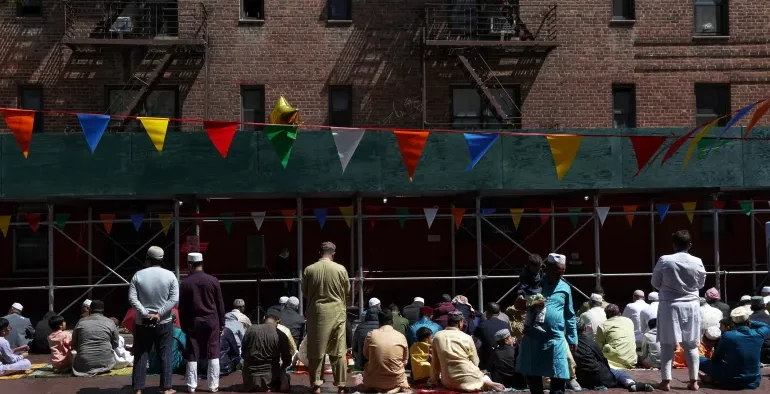Ramadan and the power of faith and unity

Shaykh M A Kholwadia:
Government authorities and institutions try to influence society through whatever means available to them, be it through coercion or the media, education or popular culture. This is often met with an anti-establishment reaction from the general population.
In recent times, there has been a trend on college campuses and among activist groups in the United States which may be described as anti-authoritarian. College students now often look askance at educators and university administrations and challenge what they see as an unjust exercise of power and authority. They are becoming increasingly sceptical about any kind of didactic teaching.
In society at large, influencing others from a position of authority and expertise has also become much more difficult than it has ever been. The anti-vaccination movement is an example of this resistance to expertise; it is largely based on distrust of traditional institutions and structures of knowledge.
Many people in the US are also turning away from organised religion and are now more agnostic and even atheistic than ever before. Many do not like the idea of a referee in their life – not even through established institutions and “norms”.
Against the backdrop of agnosticism, it is difficult to believe that religion can have any influence on a large group of people. Religion or faith in the Unseen is considered by many an impotent and archaic artifact; it is jettisoned in favour of material success and progress. Moral anarchy and liberalism are what many people celebrate.
But what if religion can encourage a billion people to give up their most basic human needs, such as food and water, throughout the day for a whole month?
What if belief in the Unseen can motivate a billion people to worship Him religiously for a whole month as if that is the only thing on their minds – especially at night?
What if faith can influence a billion people and inspire them to feed the hungry after fasting the whole day?
What if religious conviction can cause a community to become more altruistic and give to welfare and charity for a month?
What if the practice of faith can inspire a billion people to become forgiving of each other’s mistakes?











